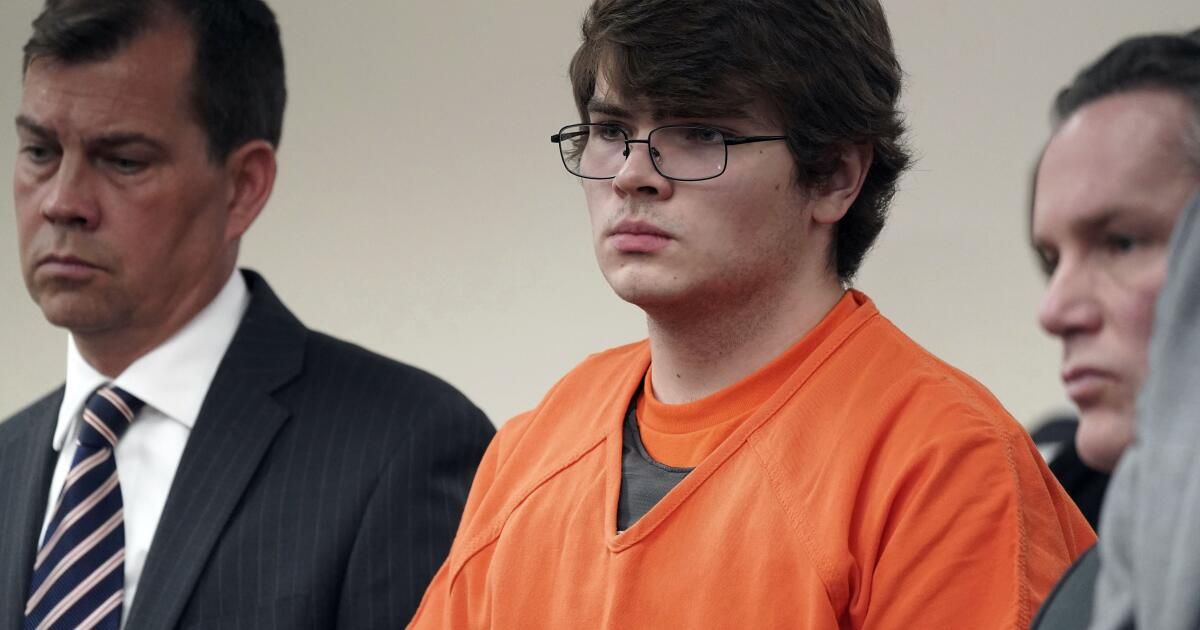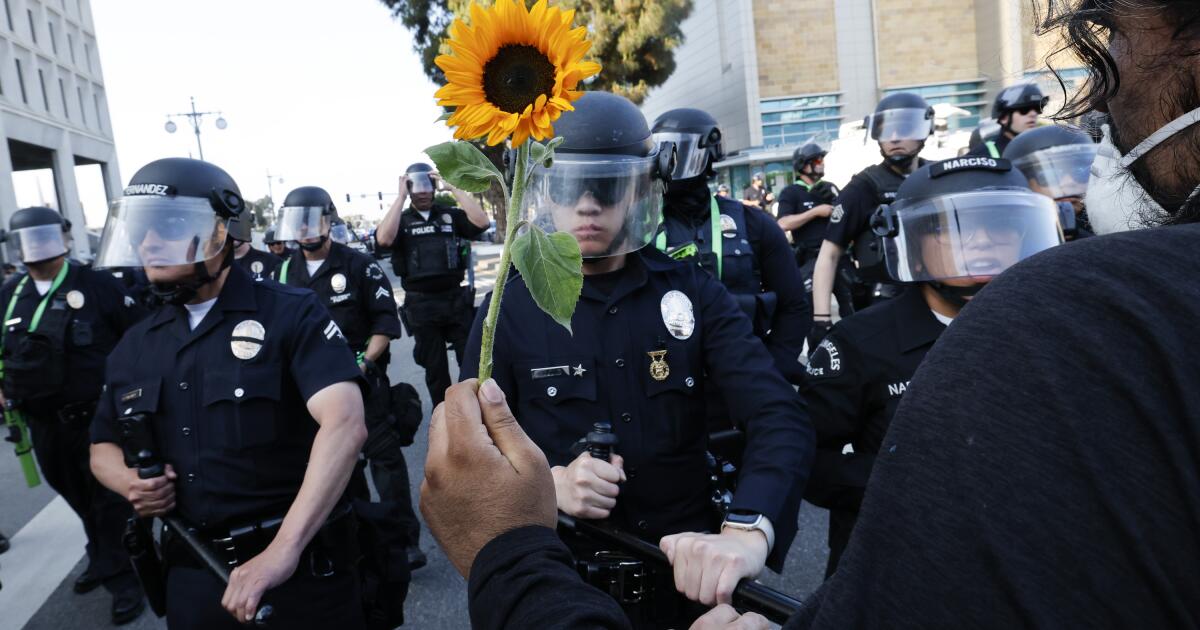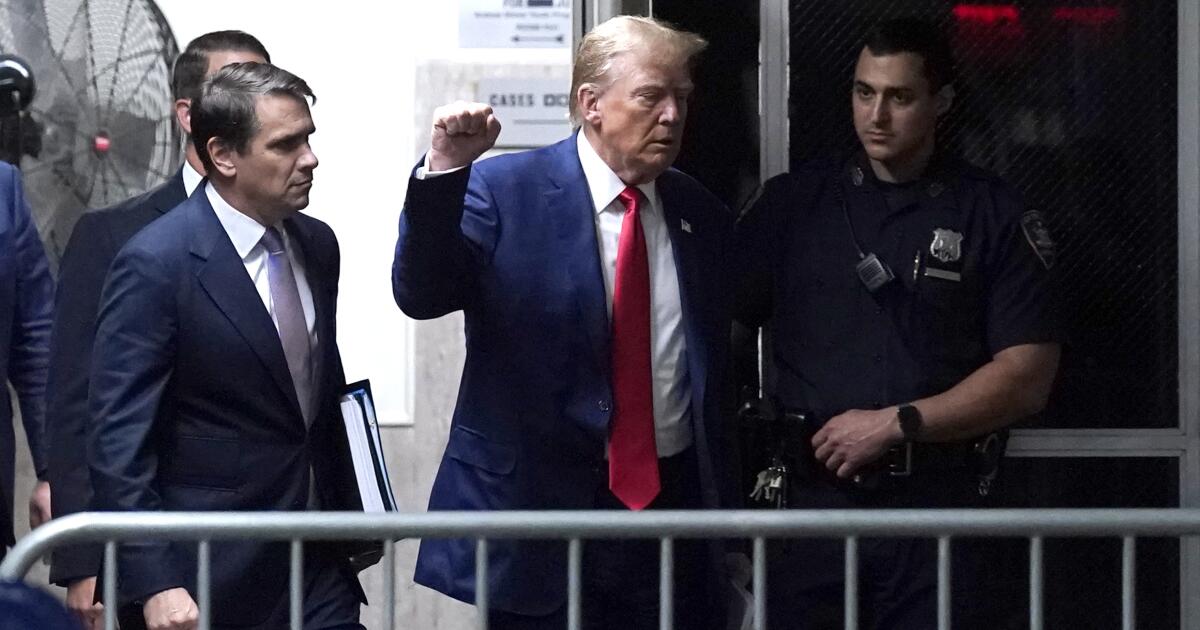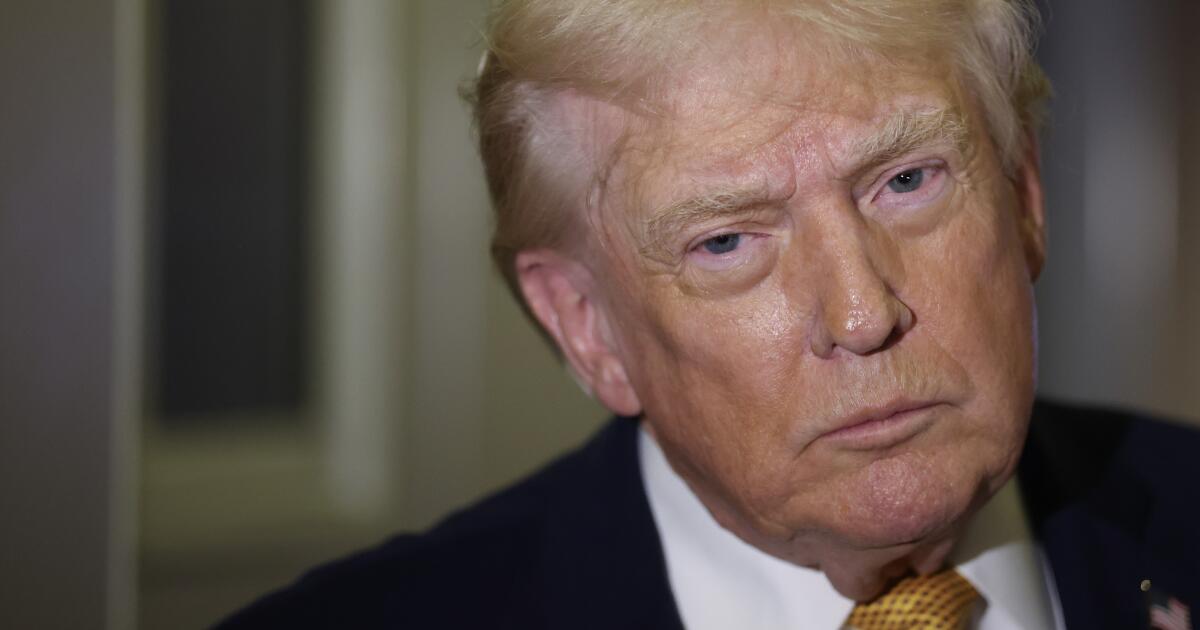The U.S. Department of Justice's decision last week to seek the death penalty against a Buffalo, New York, supermarket mass murderer continues the federal government's dithering over capital punishment.
President Biden intends to oppose the death penalty. He campaigned on a promise to stop federal executions and urged states to do the same. The Trump administration executed 13 people, after half a century during which only three people in the federal system had been executed. Five people were executed under the Trump administration between his election loss and Biden's inauguration.
Biden Attorney General Merrick Garland temporarily suspended executions (as opposed to death sentences) pending “a series of reviews” and dropped capital charges against more than two dozen defendants. Yet, paradoxically, his department asked the Supreme Court to reinstate the death sentence against Boston Marathon bomber Dzhokhar Tsarnaev, and federal prosecutors sought death in cases that had begun before Biden assumed the presidency.
Now, despite Biden's stated rejection of capital punishment, the Justice Department is seeking a death sentence against Payton Gendron, who murdered 10 people in a racist, premeditated shooting at Top's Friendly Market in a black neighborhood in Buffalo on the 14th. May 2022. Gendron said he was motivated by the far-right “great replacement” conspiracy theory that white people are victims of a plot to supplant them with immigrants and others.
The same theory has motivated several other mass killings, including two in 2019: a shooting in El Paso targeting Latinos that resulted in 23 deaths, and an attack in Christchurch, New Zealand, that killed 51 Muslims.
It is difficult to feel sympathy for any white nationalist killer or terrorist, including Gendron, despite his youth (he was 18 at the time of the shooting) and his susceptibility to the racist extremism into which he apparently immersed himself. Abolishing the death penalty has nothing to do with feeling sympathy for cruel murderers or denying closure to victims' loved ones.
The death penalty is wrong because killing as punishment is wrong, no matter how repugnant the crime. Some nations still impose particularly cruel sentences, such as torture and dismemberment, which should have no place in any modern, civilized society. The United States rightly rejects these unacceptable punishments, but continues to sentence people to death.
By adopting capital punishment, the United States sets itself apart from all European countries except Belarus, which is not impressive company. Worldwide, only China, Iran, Saudi Arabia, and Egypt execute more people each year than the United States, when state and federal executions are tabulated (totals for North Korea, Vietnam, Syria, and Afghanistan are unknown). These are not nations envied for the quality of their justice systems.
Bangladesh, India, Pakistan, Indonesia and Thailand sentence more people to death but execute them less frequently than the United States. Even Russia, which still has the death penalty on its books, has imposed a moratorium on executions since 1996.
In the United States, almost half of the states have rejected the death penalty. California and eight other states still sentence people to death, but do not actually kill them. Executions occur only in eight former Confederate or slave border states, plus South Dakota and Nebraska. And in Terre Haute, Indiana, where the Trump administration reopened federal death chambers. And where the Biden administration is asking to send Gendron.
Gendron has already been sentenced in New York state court to 11 consecutive life sentences without the possibility of parole.
Justice Department policy allows prosecutors to seek death for “crimes that cause the greatest harm to the nation.” That guideline is so subjective that it exacerbates the randomness of the death penalty and makes it less an instrument of justice than a distortion of it.
If the nation is damaged enough by a brutal multiple murder to justify the murderer's execution, how do we punish the next, even deadlier act? Trump's vice president, Mike Pence, offered an answer of sorts last year: kill the perpetrators more quickly. That's a big idea coming from a man who huddled in a Capitol garage on January 6, 2021, while people outside chanted “hang Mike Pence” and erected a makeshift gallows.
Faster and more prolific executions are characteristics of authoritarian regimes like China, whose accelerated executions Trump praised. In the United States, it is time for Biden to make good on his promise to end the federal death penalty and align the United States with nations that respect law, justice, and human life, eliminating the archaic cruelty of death sentences and the executions.












